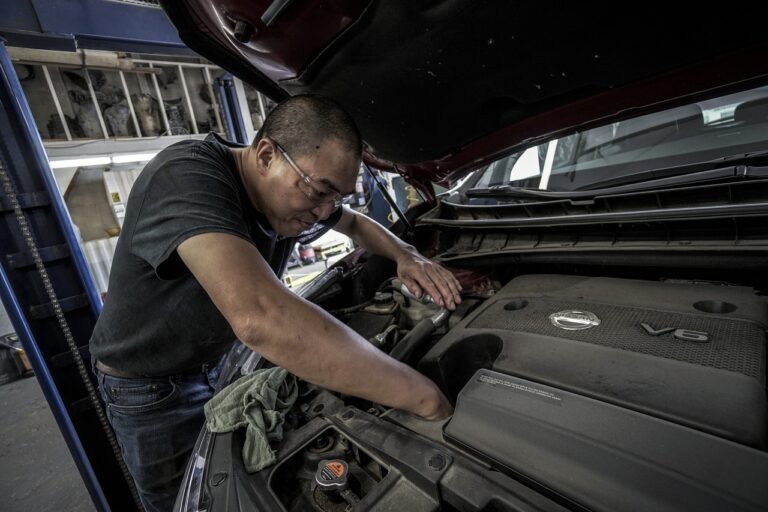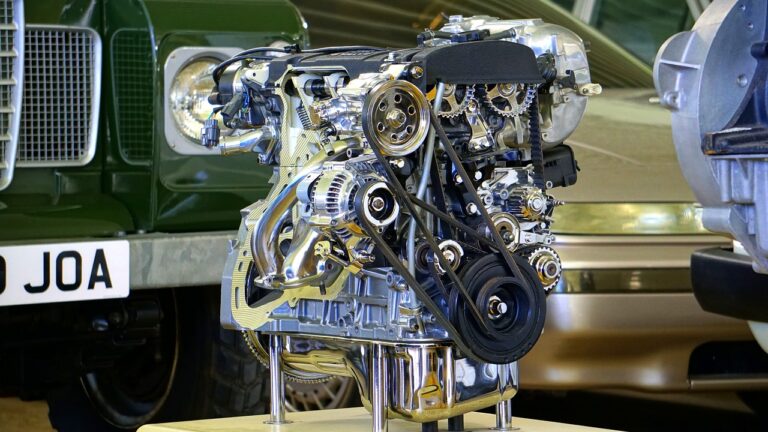The Impact of Global Events on Automotive Supply Chains
The automotive industry is significantly influenced by global events, which can have a direct impact on supply chains worldwide. For instance, trade tensions between major economies such as the United States and China have led to tariffs and trade restrictions, resulting in disruptions in the flow of automotive components and materials. These disruptions can cause delays in production and affect the overall efficiency of automotive supply chains.
Moreover, political uncertainties, such as Brexit, can also impact the automotive supply chain by introducing regulatory changes and barriers to trade. Companies operating within the European market have had to navigate new regulations and potential border issues, leading to increased complexity and potential bottlenecks in the supply chain. Keeping abreast of these global events and their implications is crucial for automotive manufacturers to adapt and mitigate risks in their supply chains.
Pandemics and their impact on automotive supply chains
The outbreak of pandemics has significantly disrupted the global automotive supply chains. As countries implemented lockdown measures and restricted movements to curb the spread of the virus, manufacturing plants were forced to temporarily shut down, leading to production delays and shortages of essential parts and components. This sudden halt in production has not only affected the supply of new vehicles but also impacted the availability of aftermarket parts and maintenance services.
Moreover, the shift in consumer behavior during pandemics has also influenced the demand for vehicles. With uncertainties surrounding economic stability and job security, consumers are more cautious with their spending, resulting in a decline in new car purchases. This change in demand dynamics has further exacerbated the challenges faced by automotive manufacturers and suppliers, forcing them to adapt their production strategies to align with the new market conditions.
Natural disasters’ effects on automotive supply chains
Natural disasters can have far-reaching implications for automotive supply chains, disrupting production and distribution processes. When earthquakes, hurricanes, or floods strike key manufacturing hubs or transportation routes, the entire supply chain can be severely impacted. Companies may face delays in receiving critical parts and components, leading to production slowdowns or even shutdowns.
In addition to direct damage to facilities and infrastructure, natural disasters can also cause ripple effects throughout the supply chain. For example, a port closure due to a hurricane might prevent the timely arrival of raw materials, impacting not only the immediate production cycle but also delaying subsequent stages of the supply chain. These disruptions can result in increased costs, reduced productivity, and ultimately, a negative impact on customer satisfaction.
Natural disasters can disrupt production and distribution processes in automotive supply chains
Delays in receiving critical parts and components can lead to production slowdowns or shutdowns
Ripple effects throughout the supply chain can be caused by port closures or delays in raw material arrivals
Increased costs, reduced productivity, and negative impact on customer satisfaction are potential consequences of natural disasters on automotive supply chains
How do global events affect automotive supply chains?
Global events such as trade disputes, political unrest, and economic crises can disrupt supply chains by causing delays in production, shortages of raw materials, and transportation challenges.
What impact do pandemics have on automotive supply chains?
Pandemics can have a significant impact on automotive supply chains by causing disruptions in production, closure of factories, and restrictions on travel and trade.
How do natural disasters affect automotive supply chains?
Natural disasters such as hurricanes, earthquakes, and floods can disrupt automotive supply chains by damaging infrastructure, causing power outages, and disrupting transportation networks.
How can automotive companies mitigate the effects of natural disasters on their supply chains?
Automotive companies can mitigate the effects of natural disasters on their supply chains by diversifying their supplier base, implementing risk management strategies, and developing contingency plans for emergencies.







